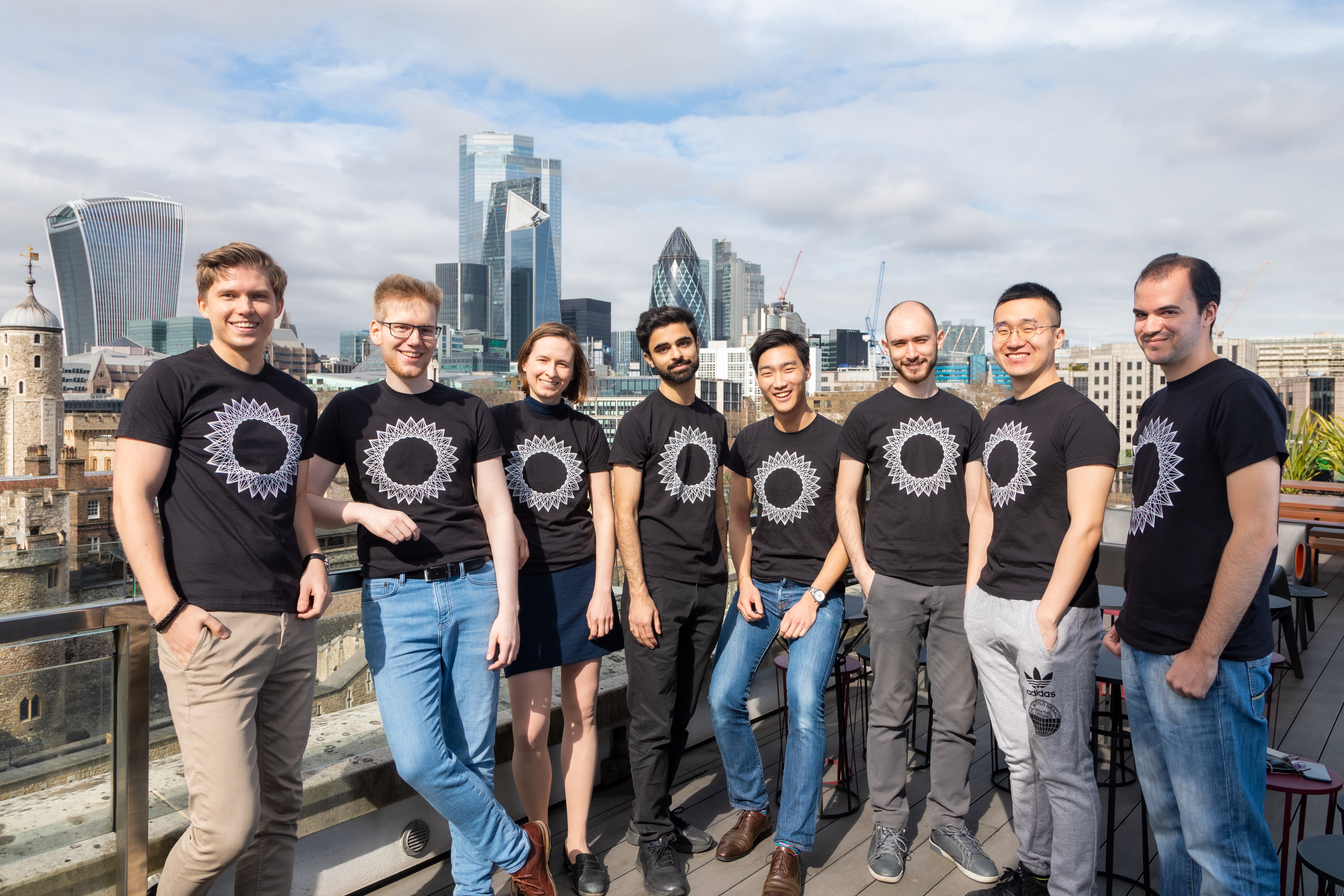Deep Render, a startup developing AI-powered tech to compress videos on the web, today announced that it raised $9 million in a Series A funding round led by IP Group and Pentech Ventures. A source familiar with the matter tells TechCrunch that the round values the startup at $30 million, a respectable number for a five-year-old startup in light of the recent market turbulence.
Co-founder and CEO Chri Besenbruch tells TechCrunch that the fresh capital, which isn’t inclusive of a new $2.7 million grant from the European Innovation Council, will be put toward product R&D and shifting Deep Render’s customer acquisition efforts toward the U.S.
“The fundraising is driven by Deep Render hitting its internal milestones and triggering an inflexion point,” Besenbruch said via email. “As a super deep ‘hard tech’ company, we’ve successfully finished our R&D and productization.”
Deep Render was founded by Besenbruch and Arsalan Zafar in 2018, after the two met at Imperial College London while studying computer science, machine learning and AI. Inspired by a research project they co-contributed to that involved sending terabytes of video data over a network, Besenbruch and Zafar were inspired to explore AI-powered video compression tech. The project frequently ran into network congestion–related technical roadblocks, leading Besenbruch and Zafar to investigate an alternative — and, with any luck, better — way.
“We decided to fuse machine learning, AI and compression technology to develop a fundamentally new way of compressing data to get significantly better image and video compression ratios,” Besenbruch said. “We started Deep Render to free the world of all bandwidth limitations by pioneering AI-based compression … AI-based compression doesn’t try to ‘fix’ or ‘work with’ traditional compression, but replaces it entirely.”
Take those pronouncements with a grain of salt. Deep Render isn’t the only venture applying AI to the problem of video compression, nor is its AI a silver bullet necessarily.
Alphabet’s DeepMind adapted an AI algorithm originally trained to play board games to compress YouTube videos. Elsewhere, Nvidia, Disney Research and the University of California, Irvine have conducted independent experiments with AI-driven compression techniques for streaming video.

Besenbruch believes Deep Render is differentiated by its AI compression algorithm, which was trained on a dataset of over 10 million video sequences. The company used a combination of on-premise and cloud hardware for the training, with the former comprising over a hundred GPUs.
Besenbruch claims the algorithm is up to five times “better” than HVEC, the industry standard codec (he didn’t specify by what metric), and can run in real time across modern chipsets from Qualcomm, Apple and Nvidia. (For the uninitiated, a “codec” is software, or in some cases hardware, that can encode and decode data — usually audio or video data.)
“In the compression industry, there’s a significant challenge of finding a new way forward and searching for new innovations,” Besenbruch said. “Traditional compression is not advancing sufficiently fast; it has only seen iterative progress for decades and has reached its peak … Deep Render is resetting the industry, benefiting its customers.”
Whether or not that’s true, recent years have seen a surge of streaming video traffic, with Cisco predicting that video would account for 82% of all IP traffic by 2022. Besenbruch makes the case that better compression allows streaming video platforms (e.g., Twitch, YouTube and Netflix) to increase the quality of streaming without sacrificing in other, bandwidth-related areas — and hence an attractive investment.
“If the internet pipes are difficult to extend, we can only make the data that flows through the pipes smaller,” Besenbruch said.
Fortunately for Deep Render, there’s not much in the way of startup competition. Tucodec, a Shanghai-based rival, appears to have gone under; the website’s no longer reachable. As for WaveOne, another competitor, it raised $9 million throughout the course of its nine-year life span before disappearing with little trace.
For its part, Deep Render has raised a total of $15 million and plans to take on venture debt soon. The startup is pre-revenue, but Besenbruch claims it has paid proof-of-concepts and pilots with three Big Tech companies with market caps of over $300 billion (he declined to name names).
Proof of concepts are one thing, though. Time will tell whether Deep Render can convert those into recurring revenue. After all, there isn’t much reason for companies with the in-house talent to turn to third-party vendors like Deep Render; Netflix has historically trimmed its bandwidth needs by as much as 20% without AI. So Deep Render’s challenge will be convincing would-be customers that its product is truly exceptional in some way.
“We expect 40 million daily users by 2023 and 300 million by 2024 … We project over $40M annual recurring revenue in 2024,” Besenbruch said optimistically. “The integration of our software into the platform systems of our Big Tech customers enables this growth.”
Assuming the growth happens, London-based Deep Render expects to expand the size of its workforce from 25 people to around 45 by the end of the year.






























Comment